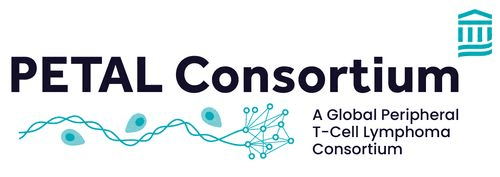
Impact of Our Study
Science behind PETAL
Why do we need this consortium?
Peripheral T-cell lymphomas are a rare cancer and to make a meaningful global impact, it's critical that investigators with expertise in research and care of these patients worldwide work together cohesively and systematically. A single center, site or institution cannot advance scientific breakthroughs into effective patient care expeditiously .
The multinational collaborative nature of the consortium makes the research findings more generalizable as it captures clinical, demographic, socio economic, geographic heterogeneity which is crucial for universalizing care and for crafting unique treatments.
Urgent Need for Genomics Information
We are a globally coordinated network of clinical investigators and scientific researchers focused on the molecular characterization of the tumors and its correlation with clinical outcomes in a prospective longitudinal study.
- There are no large scale longitudinal genomic studies in peripheral T-cell lymphomas to understand refractoriness and relapse treatments. This initiative is desperately needed.
- Genomics and transcriptomics via Next generation sequencing (NGS) enables the characterization of the somatic and germline defects along with aberrant gene expression programs in individual tumor samples which is needed for understanding mechanisms driving the lymphoma and ultimately identifying therapeutic options.
- Genomics can reveal personalized targetable aberrations, mutational burden, complex molecular signatures, tumor-specific antigens which will inform utilization of diverse therapies from targeted drugs, epigenetic modifiers, small molecule inhibitors and cellular therapies.
- The occurrence of common alterations across diverse T-cell lymphoma types will prompt new paradigms in the application of genomic profiling and the design of clinical trials.
Need for Machine Learning
With the increasing number of complex molecular and clinical datasets, we need artificial intelligence-based computational tools that can handle, extract, and interpret the valuable information hidden within this large aggregation of data.
Typically, large amounts of stereotypical molecular and clinical data are needed for estimating individual outcomes and predicting appropriate therapies with high precision. We will develop cutting edge machine learning methodologies capable of forecasting optimal treatments and mapping personal patient trajectories with reduced data and attributes.

Learn more about our study at clinicaltrials.gov
Take me there

